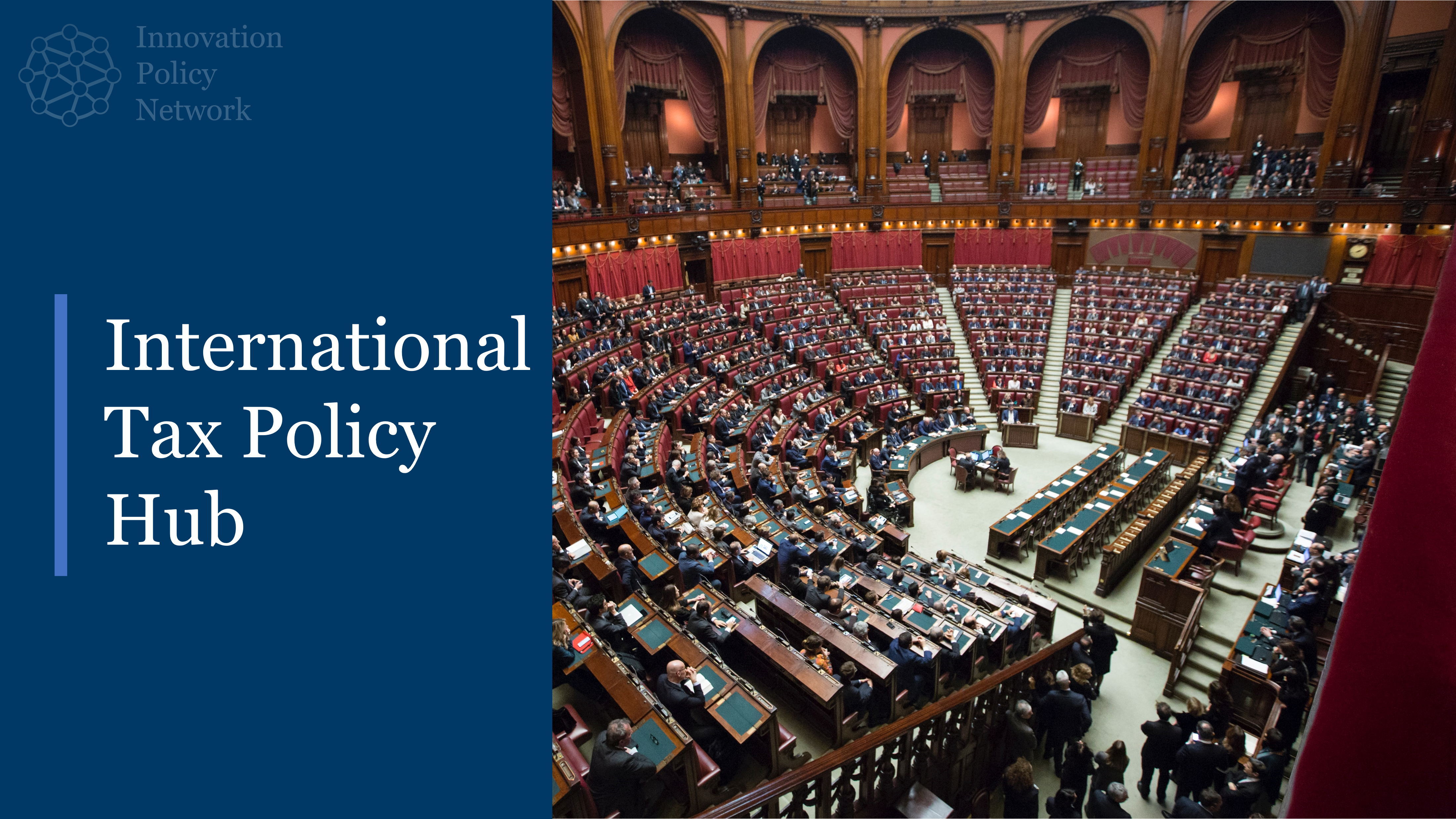International tax policy is a complex and vital area of policy-making that shapes the way countries interact in the global economy. It plays a significant role in influencing cross-border trade, investment, economic growth, and development. As nations become increasingly interconnected and interdependent, the need for effective international tax policies that strike a balance between the interests of individual countries and the global economy becomes paramount.
International tax policy plays a critical role in shaping the environment for innovation. It can incentivize research and development, influence the location of innovation activities, and impact the growth of startup ecosystems. At the same time, international tax policies need to strike a balance between encouraging innovation and preventing tax evasion and profit shifting. As innovation continues to drive economic growth and transformation, international tax policies will remain a key consideration for governments and businesses seeking to harness the power of innovation in a global context.
The International Tax Policy Hub studies the strategic use that countries make of their international tax policies, including national tax law and international agreements, and their interaction with innovation.

Areas of Analysis
Tax Competition and Base Erosion: Countries often compete to attract foreign investment by offering preferential tax rates and incentives. This competition can lead to base erosion and profit shifting (BEPS), where multinational corporations exploit gaps and inconsistencies in tax rules to minimize their tax liability. International tax policy seeks to address BEPS and ensure fair taxation while encouraging healthy competition among nations.
Digital Economy Challenges: The rise of the digital economy has introduced new challenges to international tax policy. Digital transactions, data localization, and the allocation of taxing rights for digital services are complex issues that require innovative solutions to ensure that multinational corporations operating in the digital sphere are appropriately taxed.
Ethics, Fairness and Equity: International tax policies promote fairness by preventing tax evasion and ensuring that all entities, regardless of their size or location, pay their appropriate share of taxes. This contributes to a more equitable distribution of the tax burden.
Taxation and Sustainable Development: International tax policies align with the United Nations Sustainable Development Goals (SDGs) by providing countries with the resources needed to invest in education, healthcare, poverty reduction, and other developmental priorities.
Incentivizing Research and Development (R&D): Many countries use tax incentives to encourage businesses to invest in research and development activities. These incentives can include tax credits, deductions, and favorable tax treatment for R&D expenditures. International tax policy can impact the effectiveness of these incentives, as companies may choose to allocate R&D activities to countries with more favorable tax treatment.
Transfer Pricing and Intellectual Property (IP): Transfer pricing rules determine how multinational corporations allocate income and expenses among different parts of their global operations. This is particularly relevant for the transfer of intellectual property, as companies may shift profits to low-tax jurisdictions. International tax policy aims to ensure that transfer pricing accurately reflects the value of IP transfers, preventing profit shifting and ensuring that countries receive their fair share of tax revenue.
Location of Innovation Activities: International tax policies can influence decisions about where companies locate their innovation activities. Countries that offer attractive tax incentives and favorable IP regimes may attract businesses to establish research centers, laboratories, and innovation hubs within their borders.
Startup Ecosystems: International tax policies can impact the growth of startup ecosystems by determining the tax treatment of venture capital investments, stock options, and capital gains. Favorable tax treatment for these elements can encourage entrepreneurship, innovation, and the development of new technologies.
Patent Boxes and IP Regimes: Some countries offer patent boxes, which provide reduced tax rates on income derived from patented inventions. These regimes encourage companies to commercialize their inventions and protect their intellectual property. International tax policy considerations come into play when determining eligibility and compliance with such regimes.
Cross-Border Collaboration: Innovation often involves collaboration among researchers, companies, and institutions across borders. International tax policies influence the tax treatment of cross-border collaboration, affecting the allocation of costs, revenues, and intellectual property rights.
Digital Economy and E-Commerce: The digital economy has given rise to innovative business models and new forms of value creation. International tax policies are being re-evaluated to address the tax challenges posed by digital transactions, data flows, and online marketplaces.
Preventing Tax Evasion and Abuse: While international tax policies can incentivize innovation, they also need to prevent abuse and ensure that companies do not manipulate tax rules to avoid their fair share of tax liabilities. Global efforts to combat tax evasion and ensure transparency impact how companies structure their innovation-related activities.
Hub Coordinators
Members

Carol Wang Ziyuan
Research Associate

Martina Acciaro
Research Fellow

Carola Passi
Research Fellow

Michèle Bergamin
Research Associate

Esther Nogler
Research Associate

Hugo Ho
Cheung Leung
Research Associate
